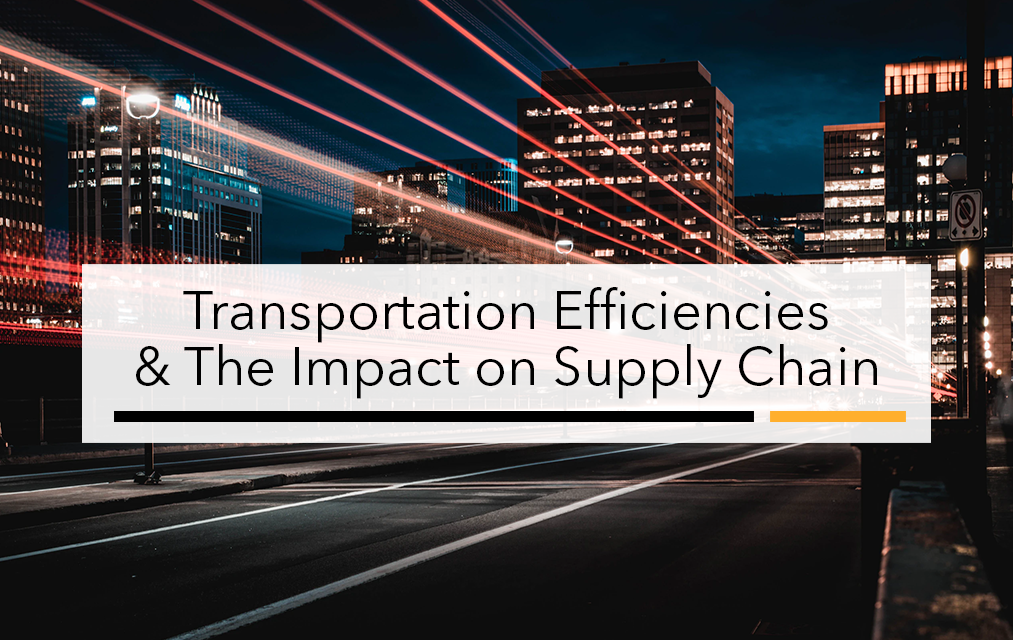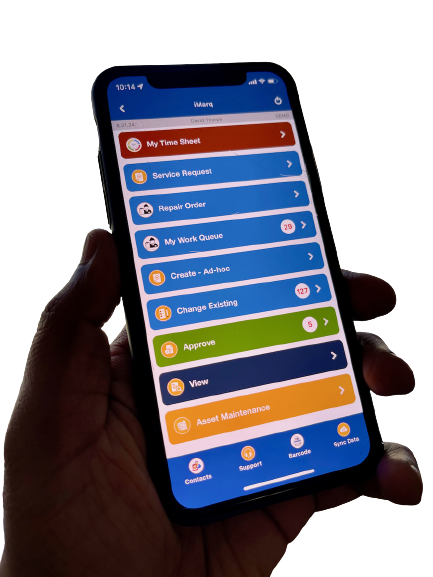Over the past year, we have witnessed the significant impact that a single disruptive event can have on global supply chains. From the Evergreen blockage in the Suez Canal that halted 12% of global trade each day to the COVID-19 outbreaks throughout Guangzhou and Shenzhen that shut down critical logistic centers, it’s been a tough year for the shipping of goods. But issues with the supply chain – now revealed to be more delicate than robust – are also endemic at a more local scale.
Manpower shortages and performance issues within fleet vehicles are among the numerous issues that have impacted supply chains. Stakeholders and business owners within the logistics and transportation industries need to be ready to pivot quickly in order to take advantage of new supply chain solutions as they present themselves. Otherwise, these barriers will continue to take chunks out larger and larger of the global economy.
Supply Chain Issues
Driver Shortages
Driver shortages have been reported across the country by the American Transportation Research Institute, making it the top industry concern for the first time in nearly 15 years. The Hardwood Distributors Association projects that just under 900,000 new drivers will be needed over the next decade. Considering the fact that many American sawmills are now operating at historic capacity levels, driver shortage represents a massive concern for the lumber industry and beyond. And that’s just the tip of the iceberg when it comes to transportation-dependent industries.
Fleet Management
Whether vehicles are on the road, at the shop, or just sitting in storage, they always incur some sort of cost. One of the most important aspects of fleet management is ensuring that stakeholders are aware of Total Cost of Ownership. For decades, logistics and commuter companies didn’t have the technological capabilities to manage their fleets optimally, leading to unnecessary expenses, unexpected downtime, and underwhelming performance.
.png)
Fleet Maintenance
A pervasive yet under-acknowledged supply chain issue is vehicle underperformance. Regardless of the make or model, vehicles that are not regularly maintained will invariably lead to reduced performance, increased expenses, and issues with the supply chain. Executives within the logistics industry have recently begun to highlight how common it is for this issue to go unnoticed. However, recognition is just the first step of many towards improved transportation efficiency.
There are two major factors that may cause performance issues, and it takes an organized, vigilant system to determine which one is the culprit. If the asset itself is the cause, it may be the sign of an improper maintenance schedule or a vehicle past its prime. In some cases, however, underperformance may also result from subpar maintenance service, meaning more resources and time need to be spent sourcing new technicians.
Navigating all of these different fleet efficiency problems is difficult to do at the best of times. But when companies aren’t using tech-enabled systems with easy-to-use, comprehensive functions, there is no hope of keeping up with modern-day supply chain demands. Leveraging mobile cloud services is a cost-effective way to address concerns while also improving transportation efficiency.
Improving Transportation Efficiencies
From the introduction of digital initiatives to address skilled labor shortages to the extended capabilities of cloud-mobile digitization software for management purposes, these technologies can be leveraged to solve inefficiencies in the transportation sector. Given the legacy back-end systems used within many established logistics and transportation companies, being able to plug into any back-end system is a necessary feature for these systems.
Innovative companies are revolutionizing asset maintenance, work management and parts/inventory control by providing digital solutions using cloud & mobile infrastructure that integrate seamlessly with existing back-end maintenance systems. Connixt is blazing a trail in this space with the release of the iMarq™ mobile suite that goes a step beyond by providing high-adoption end-user-friendly apps that work for the mechanic and technician. These are critical tools for any transportation company that is looking to maintain its supply chains during uncertain times.
To learn more about Connixt’s groundbreaking mobile cloud applications, check out the website today! There are great free resources that will explain how companies in the transportation, utilities, construction, and manufacturing industries can stay ahead in this fast-paced era.





